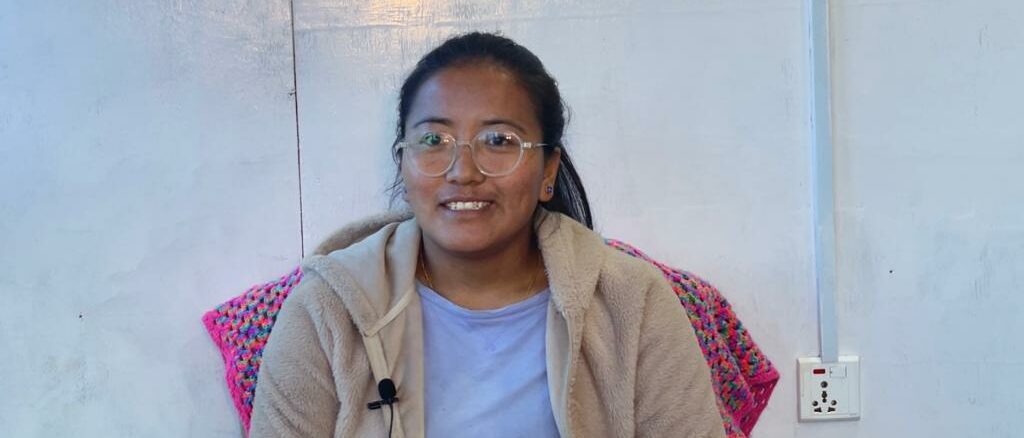
News
Advocacy Ascends
Advocating for Disability Rights in Nepal’s Remotest Mountains
December 15, 2023
KARNALI REGION, Nepal – Himalayan Education and Development (HEAD Nepal) is a nonpartisan nonprofit that has been working on disability rights in the remote mountains of the Karnali region of Nepal since 2011. Tsering Palmu Lama is a disability rights and women’s rights advocate and a project coordinator at HEAD Nepal. At HEAD, Lama leads the “Our Voice for Our Rights – disability rights advocacy project in the Himalayas,” funded by the Disability Rights Fund (DRF) since 2022. In this edited interview, Lama talks with DJP Fellow Chhitup Lama about the challenges people with disabilities encounter in the Himalayan region of Nepal and how her project addresses those challenges.
Question: Can you tell us about some of the challenges of people with disabilities in Nepal?
Answer: It is really tough [for people with disabilities] in the remote mountains like Karnali regions. The problem which is faced by them in the region is that there is inaccessibility in the public area or even in the working area. And due to the remote mountains and tough geography, there is inaccessibility on the roads also. The families of people with disabilities are [unaware of] the rights of people with disabilities. In the local government, there are a lot of policies for the rights of people with disabilities and the inclusion [of] people with disabilities. But they’re not [being implemented].
Question: What are the goals and objectives of the project “Our Voice for Our Rights – disability rights advocacy project in the Himalayas”?
Answer: The main goal is to raise a voice for disability rights and there are four objectives of our project. Objective one is to increase our OPDs’ (Organizations for Persons with Disabilities) and relevant CSOs’ (Civil Society Organizations) capacity to participate in advocating and decision-making regarding development and rights. Another objective is promoting the inclusion of persons with disabilities in government programs like health education, justice, and budget planning and implementation. The third one is advocacy to ensure the inclusion of a disability perspective in governmental implementations and monitoring of UNCRPD (United Nations Convention on the Rights of Persons with Disabilities) and Nepal’s Disability Rights Act of 2017. Building the institutional capacity of HEAD is our fourth objective.
Question: What are the key strategies you use to ensure these objectives are achieved?
Answer: Under those four objectives, we have many strategies. Under the first objective, we have capacity-building training for the OPD and CSO representatives and advocacy skill development for them. Under the second objective, we have training for people with disabilities about their rights like in education and the health budget, training on UNCRPD, the Nepali Disability Rights Act 2017, and SDGs. Under the third objective, we have meetings with the local governments and authorities. We also do UNCRPD, SDGs and Nepali Disability Rights Act training for local governments and authorities. We have developed policies and a 5-year strategy plan for HEAD under the fourth objective.
Questions: What are the major achievements of this project so far?
Answer: Implementing a project is very hard in this region. But, we have achieved many outcomes. Before implementing the project, even the local government representatives were [unaware] of the rights of people with disabilities. [Now they] are a bit sensitized and more responsive towards disability-inclusive development. We have a vision that people with disabilities [should be able to] actively participate in society with a high position and respect. [Persons with disabilities] are [now] happy to [have a place] in society because their families are more positive than before. The community people are also positive [about] people with disabilities because they are able to claim their rights. The CSOs are also becoming active in responding to the needs of PWDs.
Question: What are the challenges you have experienced while implementing these projects?
Answer: There are a lot of challenges. [Initially], the families of people with disabilities did not understand the rights of people with disabilities. There are still challenges in the local government [because of] the newly elected representatives. They have little knowledge [of] the rights of people with disabilities. [Some] families of people with disabilities are still [unaware of] the rights of people with disabilities. They are [unaware of] the services and inclusion policy of the local governments. There is also inaccessibility in public areas.
Question: What are the plans to continue the outcomes of the project?
Answer: We have formulated 26 self-help advocacy groups of persons with disabilities who will further develop their capacity to advocate for their rights. HEAD Nepal is collaborating with the CSOs who will be further trained for disability-inclusive development. Our close coordination with local government will be continued for the formulation of new policies and implementation of the existing policies including UNCRPD and SDGs (Sustainable Development Goals). The second phase of the project is planned to sustain the outcome of the project.
Chhitup Lama is the founding executive director of HEAD Nepal. He spearheads overall management, institutional development, strategic direction and the vision and mission of the organization.
News From the Global Frontlines of Disability Justice
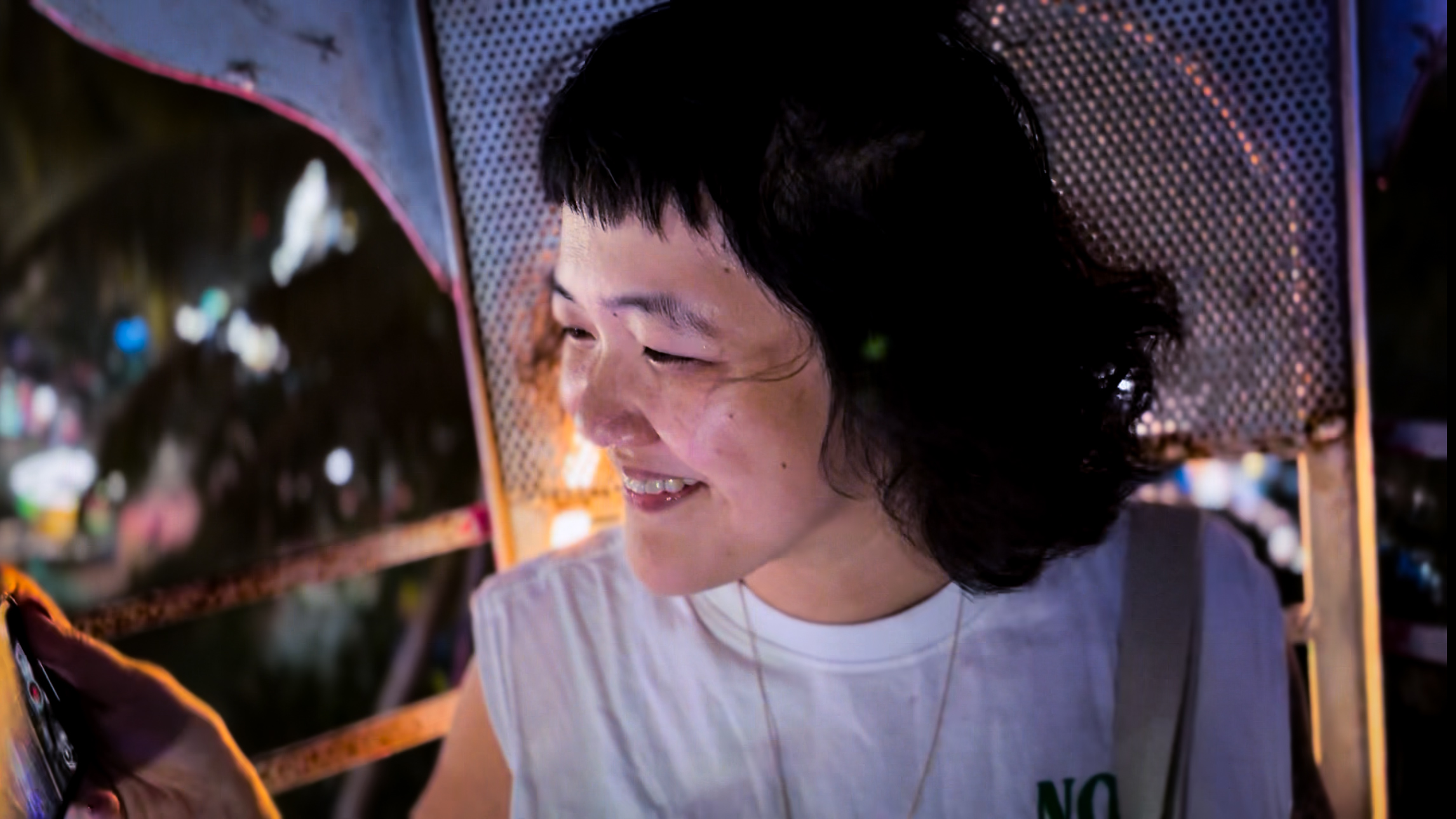
Autism, Reframed
Late in life, Malaysian filmmaker Beatrice Leong learned she was autistic and began reckoning with decades of misdiagnosis, harm, and erasure. What started as interviews with other late-diagnosed women became a decision to tell her own story, on her own terms. In The Myth of Monsters, Leong reframes autism through lived experience, using filmmaking as an act of self-definition and political refusal.
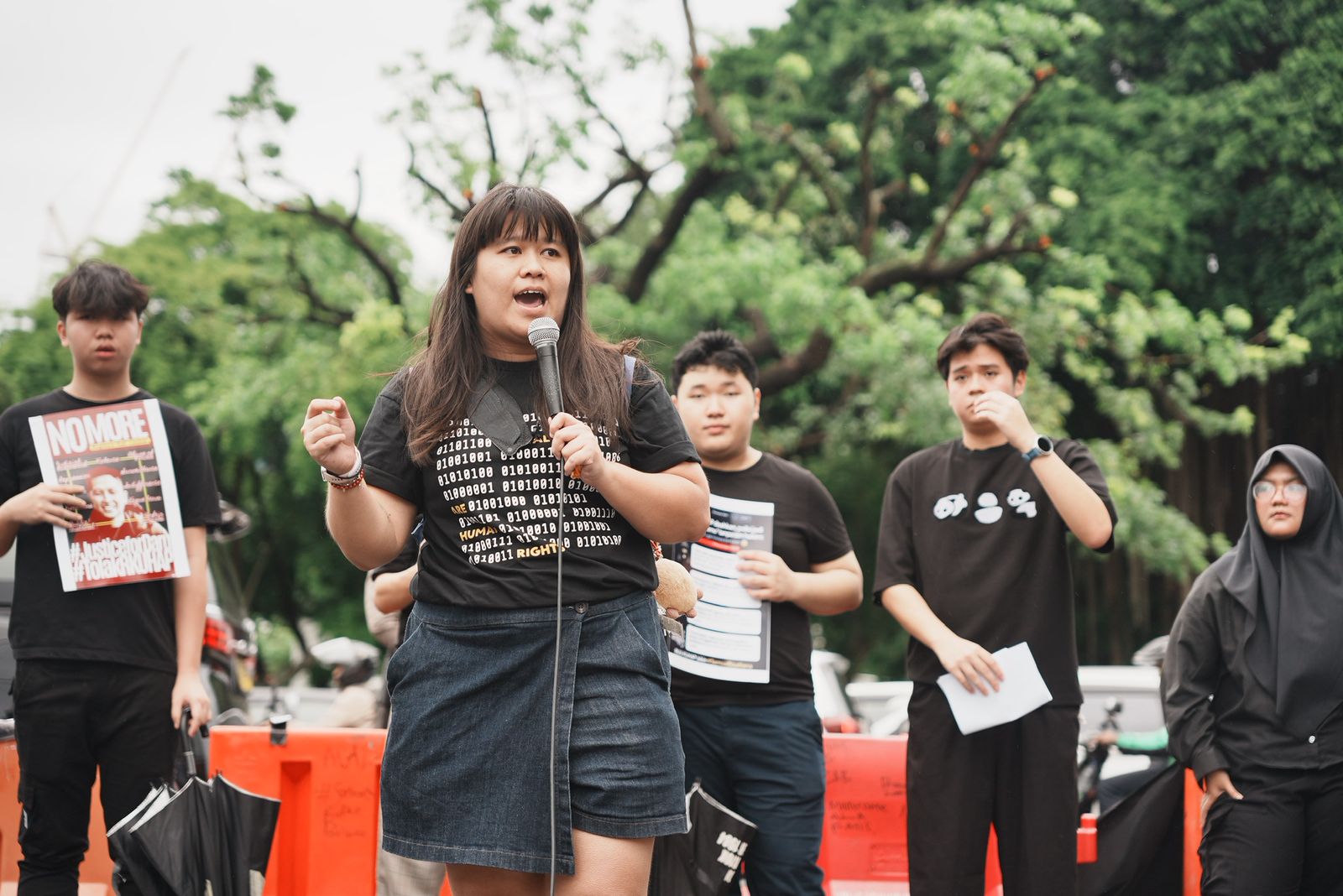
Disability and Due Process
As Indonesia overhauls its criminal code, disability rights advocates say long-standing barriers are being reinforced rather than removed. Nena Hutahaean, a lawyer and activist, warns the new code treats disability through a charitable lens rather than as a matter of rights. “Persons with disabilities aren’t supported to be independent and empowered,” she says. “… They’re considered incapable.”

Disability in a Time of War
Ukraine’s long-standing system of institutionalizing children with disabilities has only worsened under the pressures of war. While some facilities received funding to rebuild, children with the highest support needs were left in overcrowded, understaffed institutions where neglect deepened as the conflict escalated. “The war brought incredibly immediate, visceral dangers for this population,” says DRI’s Eric Rosenthal. “Once the war hit, they were immediately left behind.”
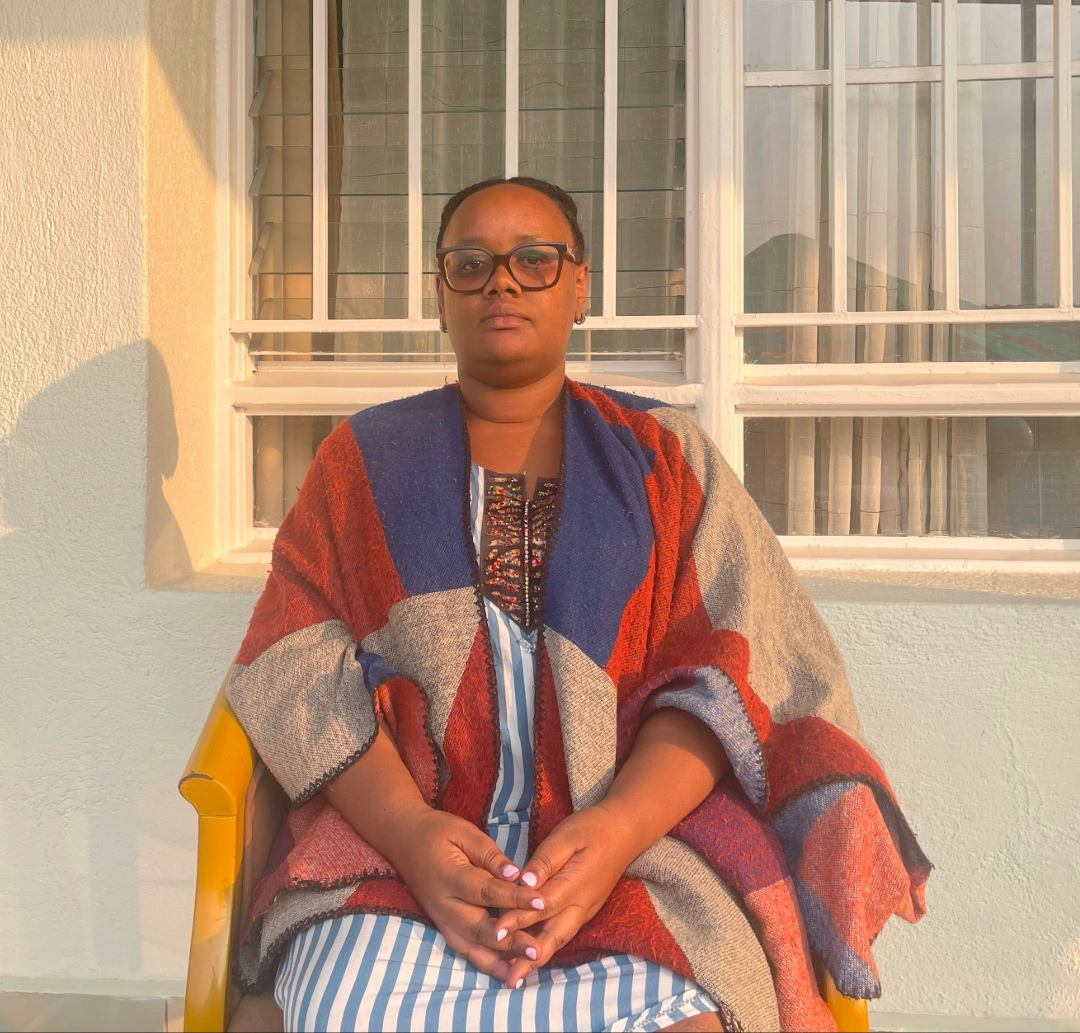
The Language Gap
More than a year after the launch of Rwanda’s Sign Language Dictionary, Deaf communities are still waiting for the government to make it official. Without Cabinet recognition, communication in classrooms, hospitals, and courts remains inconsistent. “In the hospital, we still write down symptoms or point to pictures,” says Jannat Umuhoza. “If doctors used sign language from the dictionary, I would feel safe and understood.”
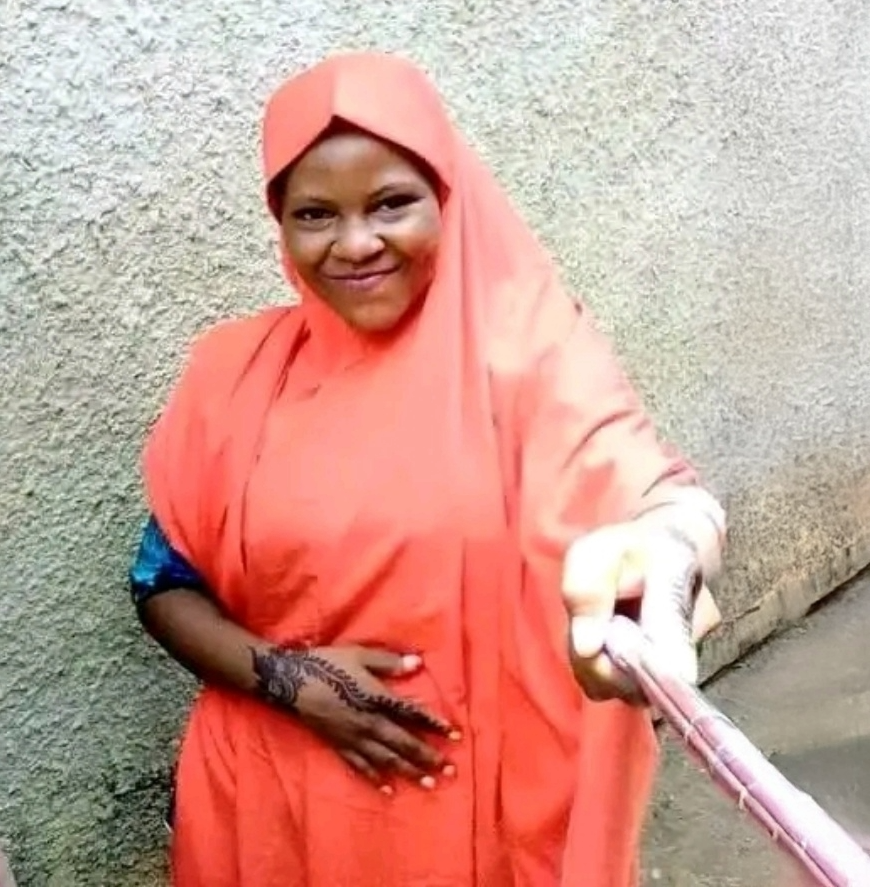
Failure to Inform
Zulaihatu Abdullahi dreamed of finishing school and building a home of her own. But at 19, she died of untreated kidney disease because no one could communicate with her in sign language. Her story reveals how Deaf Nigerian women are often left without lifesaving care. “If only she had access to healthcare where someone could guide her… explain each step, she might still be here,” says Hellen Beyioku-Alase, founder and president of the Deaf Women Aloud Initiative.
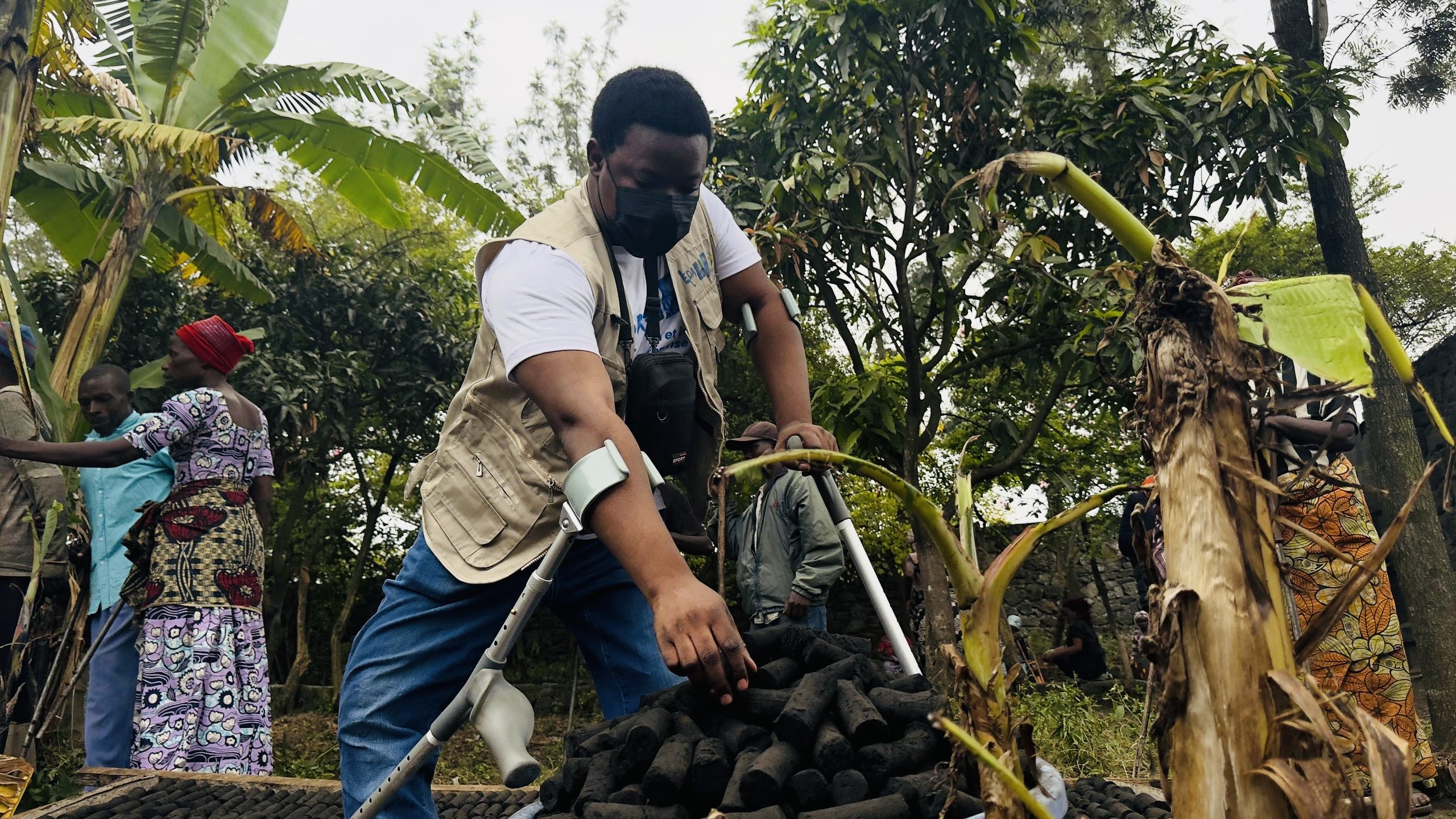
Disability in the Crossfire
In Goma, Democratic Republic of Congo, ongoing conflict and forced displacement have hit people with disabilities hardest. Rebel groups seized supplies from a clean cooking initiative designed to support displaced people with disabilities, leaving many trapped without aid. “It is still a big difficulty for authorities or government or humanitarian organizations to make a good decision which includes everyone,” says Sylvain Obedi of Enable the Disable Action.